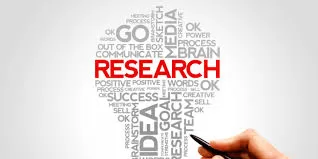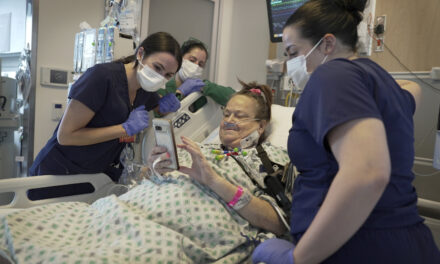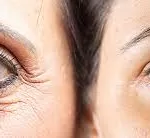A groundbreaking development in sleep science has emerged as a team of researchers unveils a novel blood test capable of identifying individuals who have endured 24 hours or more without sleep, commonly referred to as sleep deprivation. This innovation, heralded as a potential game-changer in health and safety management, holds profound implications for various sectors, particularly in mitigating risks associated with impaired performance due to lack of sleep.
Experts from Monash University in Australia and the University of Birmingham in the UK spearheaded the study, shedding light on the critical importance of addressing sleep deprivation in safety-critical environments. Their findings, published in the esteemed journal Science Advances, underscore the efficacy of a biomarker in discerning sleep-deprived individuals with an impressive accuracy rate of 99.2%.
“This is a really exciting discovery for sleep scientists, and could be transformative to the future management of health and safety relating to insufficient sleep,” remarked Clare Anderson, a distinguished professor of Sleep and Circadian Science at the University of Birmingham. The ramifications of sleep deprivation extend far beyond mere discomfort, as studies consistently link it to heightened risks of accidents and fatalities, particularly in contexts where alertness and quick reflexes are paramount.
Alarmingly, approximately 20% of road accidents worldwide are attributed to sleep deprivation—a statistic that underscores the urgent need for innovative solutions to address this pervasive issue. By swiftly identifying sleep-deprived individuals, the newly developed blood test holds promise in informing targeted interventions, particularly in sectors such as transportation where the consequences of impaired performance can be catastrophic.
“There is strong evidence that less than five hours’ sleep is associated with unsafe driving, but driving after being awake for 24 hours, which is what we detected here, would be at least comparable to more than double the Australian legal limit of alcohol performance-wise,” explained Anderson, emphasizing the severity of the impairment induced by prolonged wakefulness.
While the potential applications of the sleep deprivation biomarker are vast, including its use in forensic investigations, researchers caution that further validation is necessary to ensure its reliability across diverse populations and scenarios. Notably, the test can accurately detect sleep deprivation after 18 hours of wakefulness, underscoring its versatility and potential for early intervention.
As the scientific community celebrates this milestone achievement, anticipation mounts for the integration of this groundbreaking technology into practical settings, where it could revolutionize safety protocols and enhance public health initiatives. With sleep deprivation emerging as a pervasive yet often overlooked concern, the advent of such innovative solutions offers a glimmer of hope in safeguarding individuals and communities against the perils of insufficient rest.











